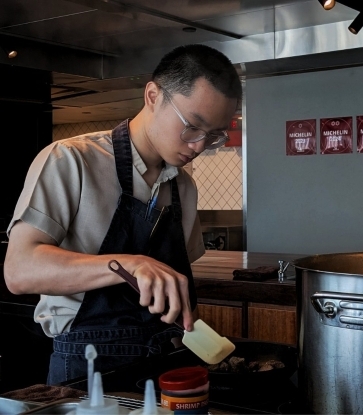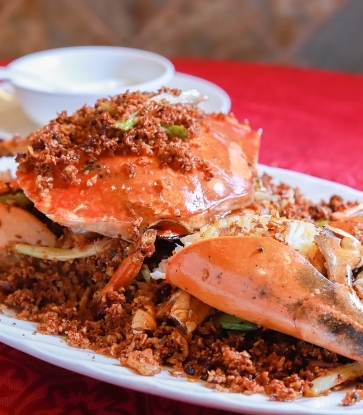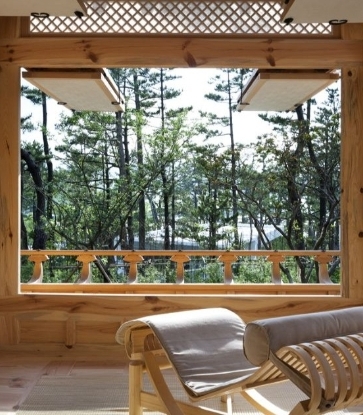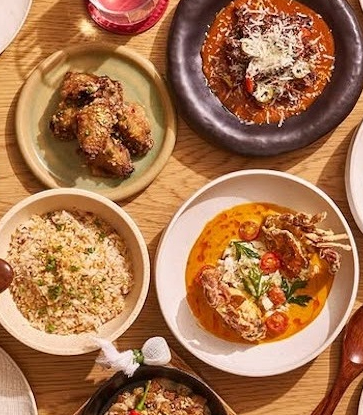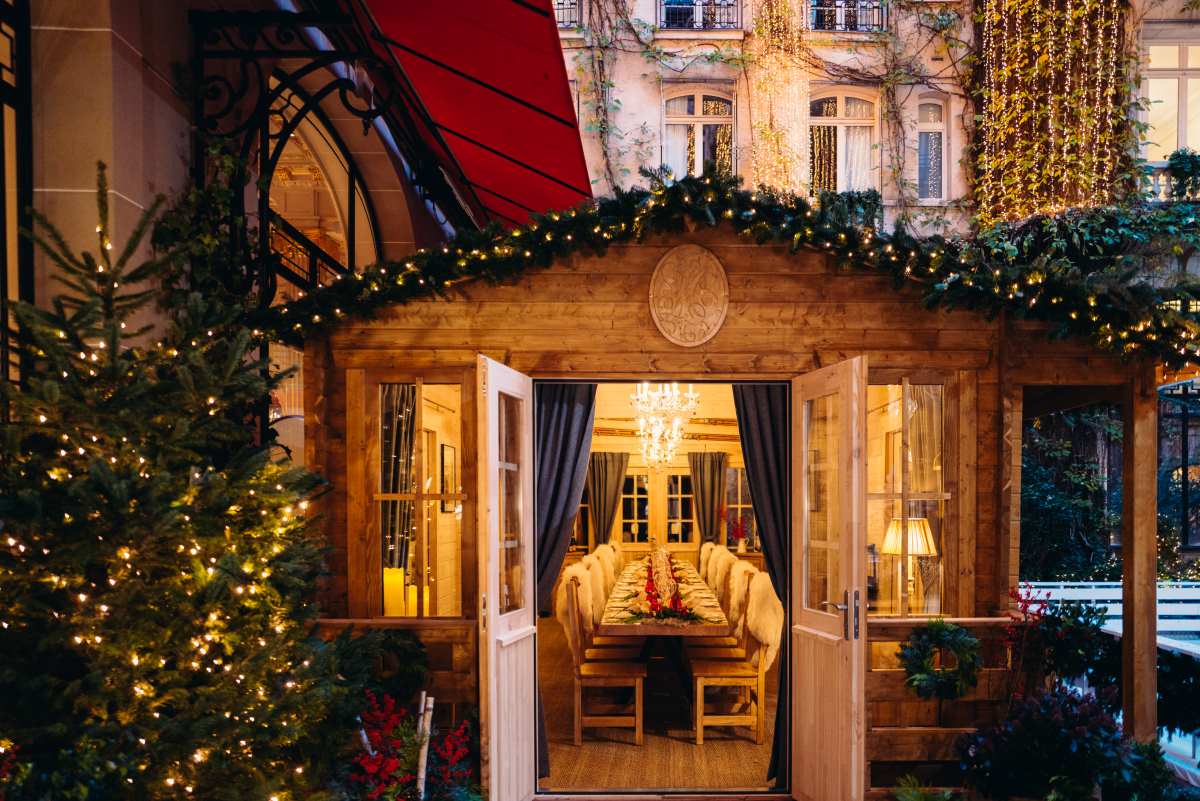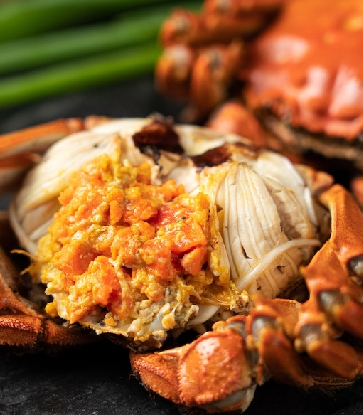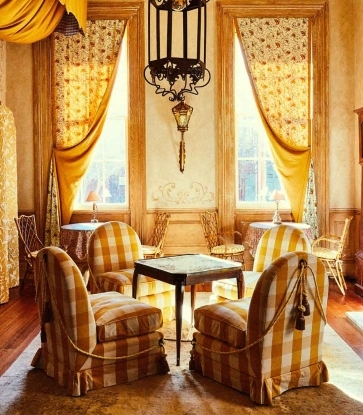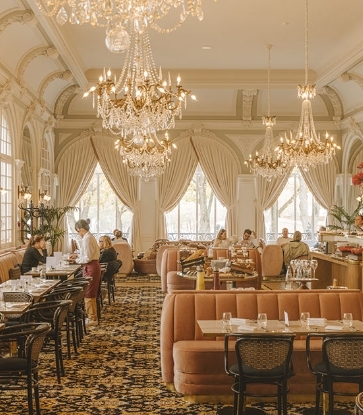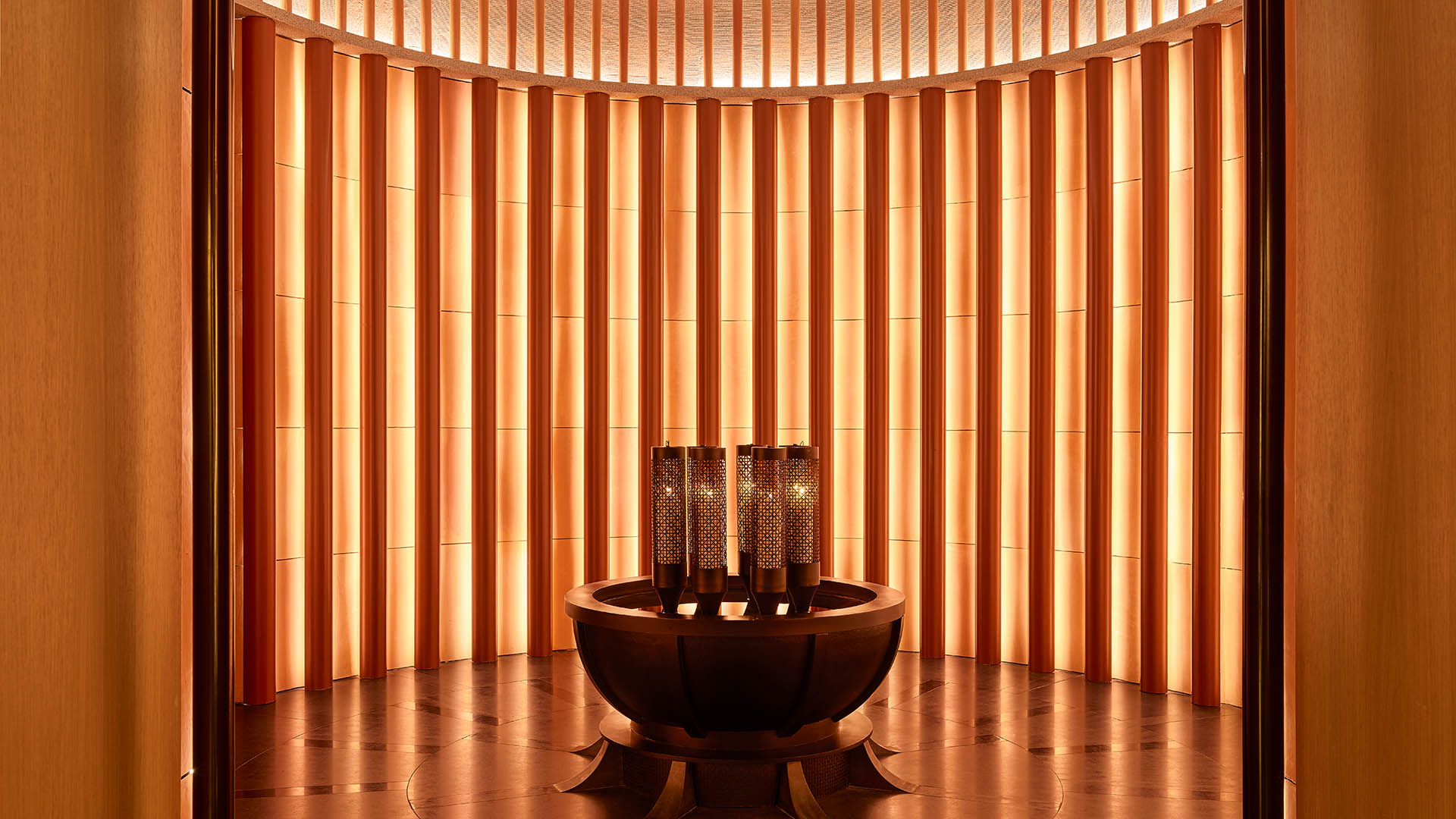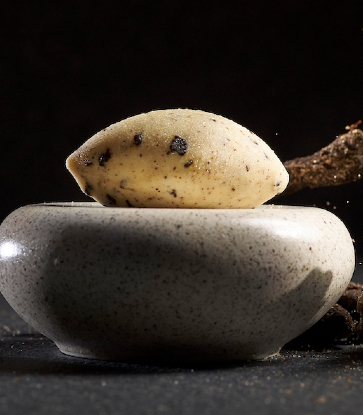For guests dining at the Fairmont Singapore and Swissôtel The Stamford, the farm is a lot closer to the table than they might realise. A lift ride away, to be exact.

“We use a lot of herbs like rosemary and chives from the aquaponics farm, as well as flowers and leaves for garnishing like beautiful pentas flowers and nasturtium,” says Westaway (pictured right), whose chefs pop in regularly to the farm to harvest the herbs and flowers.
“With the addition of fertilization from the fish, you actually get a lot of flavour. It’s very impressive that we can get this quality on our doorstep.”
Taking sustainability to the next level
Situated on the 5th floor rooftop between the two towering hotels, the aquaponics farm combines conventional hydroponics with aquaculture by having fish and vegetables grow together in a closed system. The compact triangular-shaped 450 square-metre farm punches above its weight, producing some 30% of vegetable and 10% of fresh fish needs across the hotels’ 13 F&B outlets every month.
Leafy vegetables like lettuce, kang kong, spinach, spicy rocket and colourful kale are just some of the produce grown there; five large blue tanks in the back contain lively tilapia and jade perch that is also served to diners at the hotels’ F&B establishments like Szechuan Court.
Aquaponics is just one of many sustainability initiatives at the hotels, amongst which are an AI system to analyse and minimise food waste; an Eco-Wiz food digester system that converts leftover food into water and compost, as well as a commitment to eliminating single-use plastics.

An ambitious undertaking
All this is made possible because of the Accor group’s very strong vision for sustainability, says Marcus Hanna, General Manager of Fairmont Singapore and Swissôtel The Stamford, who spearheaded the aquaponics project. “Back in the 1970s, Accor was one of the first hotel groups to put a sustainability charter together and really care for the environment. It is taken very seriously from a corporate level.”
While Accor’s sustainability efforts go back to the early 1970s, its Planet 21 programme launched in 2011 might be its most ambitious undertaking yet. The group’s corporate and social responsibility initiative is focused on driving positive action through business ethics, responsible tourism, environmental sustainability, community engagement, diversity and inclusion, as well as healthy and sustainable food.
Under Planet 21, every Accor hotel must engage in a community project, and the group has committed to eliminating single use plastics by 2022, reducing its food waste by 30% and ensuring that 100% of its new or renovated hotels will be carbon neutral.
As a pioneering force in the hospitality industry, Fairmont was the world's first luxury hotel brand to embrace environmental stewardship and, together with Swissôtel The Stamford, was recently awarded Winner in Climate Action Category for the Annual HICAP Sustainable Hotel Awards 2020.

A cause close to the heart
Environmental stewardship is a cause close to Hanna’s heart. “I have young children myself, and I think we have a responsibility to the next generation to hand over our planet in a decent way,” he says. But more than that, he has found that embracing sustainability in the hospitality business has its tangible benefits as well.
In large hotels like Fairmont Singapore and Swissôtel The Stamford, the impact that every policy change makes cannot be underestimated. “In 2018, we took out all single-use plastic bottles from the guest rooms in Swissôtel and put in larger refillable bottles — that alone took into account about 700,000 single-use bottles that we won’t be using in a year, which is quite significant,” he explains.

Another tangible benefit is the quality of the yield from the aquaponics farm. “What we’re producing is a superior product which the chefs love. It's also getting the chefs out of the kitchen to do their own harvest which is really good from a mental health perspective of service,” Hanna adds.
Next in the pipeline, Hanna plans to install solar panels at the aquaponics farm to create a self-sufficient system where the water and filter pumps are run totally on electricity generated by the solar panels. “It’s something we’ve had to put on the back burner because of the Covid-19 pandemic but I believe that if you want to take sustainability seriously, you need to invest in it with hard work and new initiatives,” he says. “We have a responsibility to the planet and to our children.”
Paving The Way In Sustainable Design Solutions
A pioneer in sustainable design solutions, evian has launched its first label-free, 100% recyclable evian Pure bottle created using 100% recycled plastic. evian is committed to making all of its plastic bottles from 100% recycled plastic by 2025, adopting a ‘circular approach’ to plastic usage, where plastic is kept within the economy and out of nature. This new stripped back bottle perfectly reflects what’s on the inside – evian’s uniquely sourced natural mineral water, the way nature intended; pure and refreshing.

evian and Ferrarelle DUO is the perfect match between two unique compositions and two unique tastes. evian with its natural electrolytes, perfectly balanced in minerals giving it its round and soft taste, is the best hydration asset to offer to your guests. Ferrarelle is naturally rich in precious minerals as bicarbonates. It also posses exceptionally fine long lasting bubbles that will awake the senses of your guests and enhance the flavours of the finest dishes. Combine the delicacy of evian with the incomparable effervescence of Ferrarelle and you will obtain the perfect association to enchant any culinary experience.




